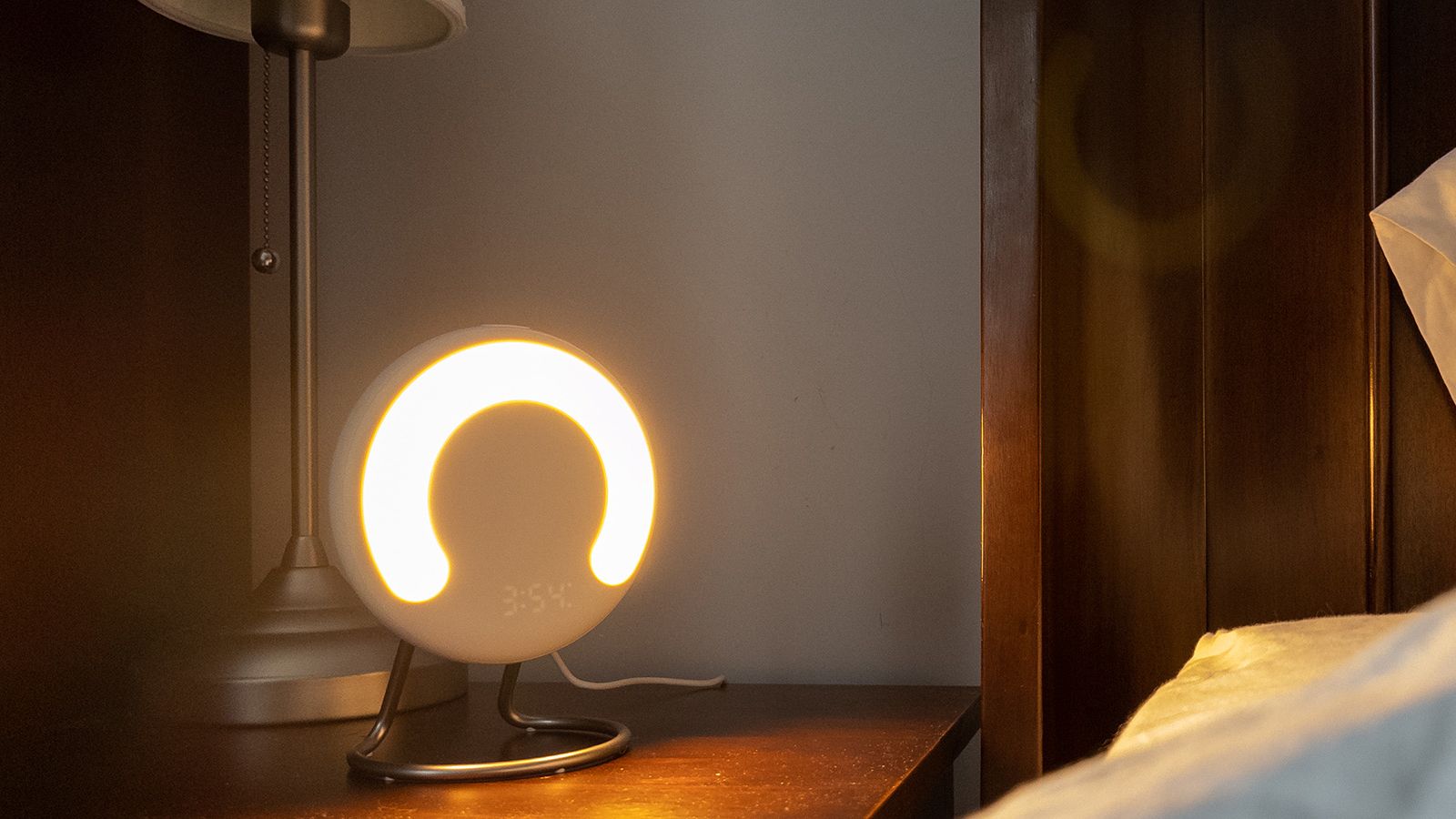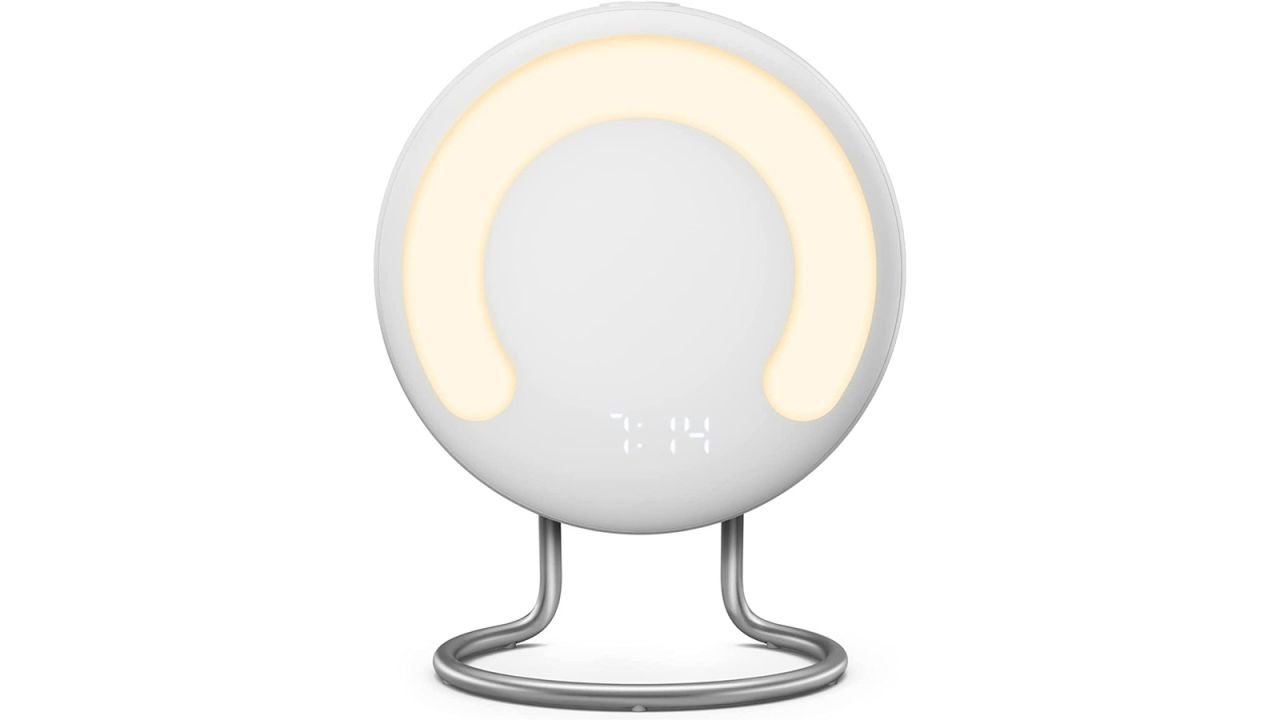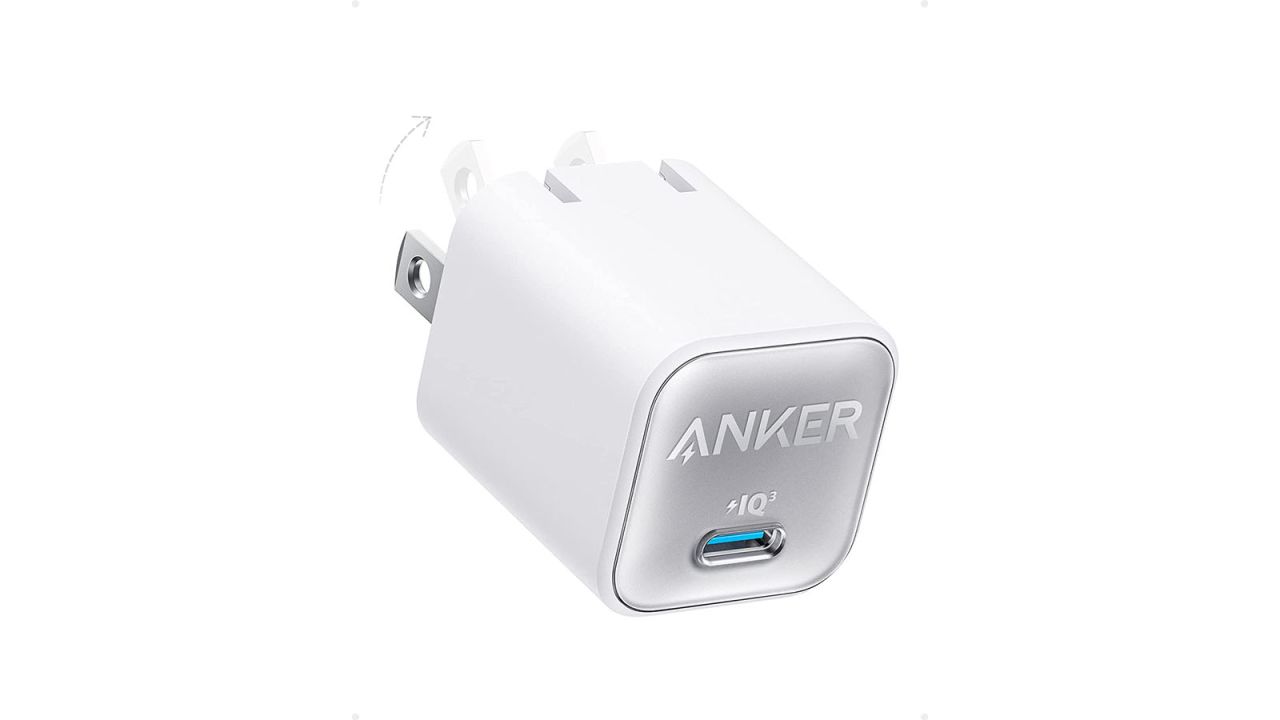Fair warning: This review is going to include a lot more personal medical information than you’re probably going to want. But what I’m about to tell you is only a fraction of what Amazon has been able to glean from its “noninvasive” Halo Rise sleep tracker ($140, but currently on sale for $110). And that might be something we, as a society, should consider.
It’s pretty clear that most people, on the whole, don’t care that large tech corporations have so much of our personal data. That expectation of privacy left the building years ago. But every once in a while, a product and its attendant services comes along that kind of creeps you out and leaves you mistrusting yourself. Sadly, at least for me, the Halo Rise is one of them.
The Amazon Halo Rise is a good-looking sleep tracker and gentle alarm clock that ticks all the boxes for interactive bedside devices. However, with its advanced machine learning and sleep algorithm, it can also feel overwhelmingly omnipotent in its sleep surveillance, which might offend anyone worried about privacy issues.
How it works
The Halo Rise is a friendly, satellite dish-looking thing that sits on your bedside table and stares at you while you sleep. I mean, it does more than that, and it doesn’t really “stare,” per se, but you get the idea. There’s no camera or microphone; the device uses a no-contact, low-energy presence-sensing technology to track your movements and breathing patterns as you sleep. Amazon says the device uses machine learning to analyze the movements of your body and determine your sleep stages throughout the night. The company says its sleep algorithm has been tested and verified against the widely recognized overnight polysomnography standard for sleep analysis.
The device will track your sleep patterns through the night, excluding the movements of a partner or pet, to give you a sleep score of between 0 and 100. When it’s time to wake up, a softly glowing ring light comes on to simulate awakening to natural daylight, while a relatively unobtrusive alarm pings until you tap the thing into silence.
If you’ve got an Amazon Echo device, you can connect the two and then ask Alexa about your sleep score and get recommendations on sleeping better. If you don’t like the Rise’s alarm sounds, you can have your Echo (assuming it’s in the bedroom) play a song or a playlist instead. And finally, you can integrate the Halo Rise with Alexa’s routines, such as turning on other smart lights in your bedroom, starting the coffee machine or turning on the news when you tap the Rise’s snooze button.

It’s got sensors to measure the room’s temperature, humidity and light levels throughout the night to let you know how they may affect your sleep. It also offers smart alarms that will detect when you’re in light sleep in the morning and gently wake you.
It’s important to know that the Halo Rise is part of Amazon’s health ecosystem. That means you’ll have to spring for an optional $3.99-per-month subscription fee (free for six months when you buy the Halo Rise), but you get access to online fitness classes, nutritional suggestions like recipes and meditation exercises to help you fall asleep faster. It’s Amazon’s answer to Apple’s Fitness+. It’s also not necessary to use the sleep tracking functionality.
What we liked about it
It’s a stylish device that won’t look out of place in modern bedrooms. Its smooth white lines reminded me of the sleek Eve robot from “Wall-E,” and it’s in line with the current “abstract tech chic” aesthetic that’s all the rage these days. The built-in sunlight lamp is a pleasant warm color and makes for a nice, soothing nightstand lamp if you’d like to use it for reading.
I also liked its all-in-one functionality. There’s no question it’s a set-and-forget kind of device. You don’t have to wear a device to bed or remember to put it in “sleep mode” when you go to bed. Once I got it set up (and the app does a good job of walking you through the process), I kind of forgot it was there, which is the point of what Amazon calls “ambient intelligence.” They want you to forget about all the tech around you that is collecting your data 24/7. Silently. Relentlessly.
What we didn’t like about it
And that’s the problem with Rise. For all of Amazon’s statements about protecting consumers’ privacy, I couldn’t shake the feeling that my sleep data was being used to pad Amazon’s bottom line. For instance, I hadn’t looked at exercise equipment on Amazon for months. But the moment I installed the Rise in my bedroom and connected my Amazon account, the Amazon home page started pushing exercise stuff on me. “Vertical integration, Lemon.”

Secondly, I’m not convinced a “score” for sleeping is really a great way to look at these things. The raw data is fine — time in bed, time asleep, time spent in REM, etc. —?but what does that data and score really tell you that your body can’t? I know if I didn’t sleep well (I feel like crap). I also know when I slept great (slightly less crappy). I don’t really need a major corporation chewing on my personal health data to tell me that.
Also, there’s not much you can really do with the data. Yes, Amazon offers some activities to help you sleep, such as meditation and breathing exercises from BetterSleep, for example, or suggestions on room temperature and humidity, but I found the advice — like that of most sleep tracking devices and apps — somewhat basic. Establish a routine, exercise more, no caffeine after 3 p.m. Check, check and check. And yet, my sleep is consistently not great.
And what about the potential for the Rise to contribute to sleep anxiety? My mother doesn’t sleep well, and she really worries about it. This contributes to her not sleeping well, and so on and so on. Rinse, repeat. If users focus too much on a 0 to 100 score and start to compare their sleep score or try to attain a perfect score, that could increase stress and pressure on sleeping. “Sleep well” should be a benevolent wish for you, not a command, and “I’mma crush that REM!” is not a goal psychologically healthy people should aspire to.
I’m also not sure about the quality of the data. On some nights that I felt like I slept well, the Rise said I slept poorly. Other nights left me feeling the exact opposite, with Halo high-fiving me on crushing the REMs. I sleep with my partner, who often has insomnia, and we have four cats, one of which is an annoying gut-jumper who loudly meows every second or so until she settles down. Amazon says it can filter out such interruptions, but one night stands out. On Jan. 22, I went to bed early and slept pretty well, I thought. But thanks to the cat jumping around, Halo Rise thought I went to bed at 3 a.m. or so, earning me a “poor” score.
Comparing the data from Rise and my Apple Watch sleep tracking shows a fair amount of inconsistency, which makes me wonder just which device is more accurate.

The Halo data is on the right, while the sleep mode on the Apple Watch data is on the left. As you can see, the difference in the various times spent in sleep stages is fairly dramatic. The sleep graph seems to track moderately closely, though, but it’s a bit hard to tell, given the difference in scale and size.
I also have other sleep issues, including restless leg syndrome and sleep apnea. I recognize that I’m an edge case, and I don’t want to universalize my experience, but even Cody Gordh, Amazon’s head of product for Halo Rise, said there had not been extensive testing done with people with pacemakers or who use CPAP machines for sleep apnea, and Amazon doesn’t recommend folks with those situations use the Rise.
Finally, I didn’t like the limited options for integrating the data. You can’t pipe your sleep data into Apple’s HealthKit, for instance. But it does integrate with Humana’s Go365, a health insurance company, and John Hancock Vitality, a life insurance company. I don’t really want insurance companies to have my sleep data, which they might use to deny coverage or raise rates. While John Hancock reached out to let us know they don’t use data in such a way, and though the data sharing is opt-in and not required, it is a worry to privacy-conscious consumers like myself and should be weighed when you evaluate the whole product.
Bottom line
The Rise is, admittedly, an impressive bit of tech. With its noninvasive sensors and stylish design, it combines a sleep tracker, smart alarm and waking light all in one device — all to capture a great deal of data without the user even thinking about it. But that’s the problem. We should be thinking about what data we’re giving over to large tech corporations, especially health data. Because even if we, as consumers, don’t quite know what to do with the data we’re presented with on our app dashboards, you can bet companies like Amazon do: convince us to purchase more stuff and upsell us to partner companies offering even more subscriptions for meditation services or fitness classes. Amazon pinky-swears the data is private, and it probably is, on paper. But given how much data Amazon already has on us, Rise’s presence on my nightstand was a corporate lookout too near for my tastes. I felt constantly watched.
In the end, the thought of Amazon’s cute little radar dish on my nightstand hoovering up so much data and then using it to sell me things gave me more anxiety and stress than I had before.

















